GIOVANNI DIFFIDENTI Photojournalist
“Why the survival of the people of the Nuba Mountains matters …” (Sudan)
13
The Nuba Mountains rise from the semi-arid savannah of South Kordofan, one of the largest states of Sudan bordering what is now the Republic of South Sudan. The population is dominated by over 50 distinct ethnic groups of black African origin collectively known as the Nuba. Settled small holder farmers, the Nuba have lived alongside a number of Arab pastoralist tribes relatively peacefully for generations. In addition to its remarkably rich and engaging culture, Nuba society is characterised by religious tolerance (there being about equal numbers of Muslims and Christians with many still respecting traditional ancestral beliefs), ethnic diversity and expectations of local accountability and good governance not commonly found elsewhere in the country. It is estimated that at many as three million Sudanese are Nuba, many living in the slums of cities in the north.
As with other Sudanese living on the peripheries (including the people of Darfur, Blue Nile, Abyei, Red Sea Hills, and the far north), the people of South Kordofan have been marginalised for generations by the policies of successive Khartoum-based Governments. As a result, they face restricted educational and employment opportunities, lack of land tenure and huge loss of land to outsider mechanised schemes, social discrimination, lack of political rights, banning of local languages from school curricula and ever increasing poverty and frustration. Failure to bring about any changes through political process and alarm at the undemocratic imposition of Sha’ria law (in 1983) eventually resulted in armed resistance, initially alongside the southern Sudanese insurrection led by Dr John Garang. In 2005, an internationally brokered “peace agreement” led eventually to the secession of South Sudan but failed to address the marginalisation of Nuba and other peripheral ethnic groups in (northern) Sudan.
In 2011 the region returned to civil-war and currently the Nuba opposition are fighting as part of an alliance of northern Sudanese opposition groups resisting the continued oppressive policies of Omar al Bashir’s National Congress Party. As in Darfur and Blue Nile, the efforts of the Khartoum government to stamp out any opposition have been particularly brutal. An area of some 40,000 square kilometres, home to over a million people, has been effectively surrounded by the Sudan Armed Forces (SAF) and Government paid militias deprived of any public services (including markets, transport, power and telecommunications) or access to international or national humanitarian aid. Civilian villages are bombed and shelled daily, hospitals and schools are targeted, hunger is used as a weapon of war, villages are burnt to the ground and captured civilians are routinely tortured, raped and executed. Several thousands of Nuba have died since the war restarted in 2011, over 400,000 have lost their homes and possessions and remain internally displaced with little or no assistance. More than 80,000 are refugees in camps in increasingly insecure border area of South Sudan and this figure is expected to rise significantly.
However, despite all these atrocities, the local population continues to demonstrate enormous resilience and a determination to resist the brutal oppression of Bashir’s regime and to help bring about the democratic transformation of Sudan of which they dream. They dig foxholes to reduce the number of deaths from bombs and shells, they share food and shelter, they seek refuge in the mountains. They continue to celebrate their ethnic and cultural diversity and religious tolerance. And perhaps most remarkably, they continue to show a real readiness for forgiveness. They talk not of revenge but of reconstruction in a united and peaceful Sudan that promotes pluralism, justice, mutual respect and codependence.
In a region beset by conflict, extremism and instability, the people of the Nuba Mountains provide an all too rare alternative narrative. If they can survive this war, perhaps they will also contribute to a longer term transformation in Sudan that allows genuine African democracy, peaceful coexistence and pluralism to replace conflict and dictatorship.
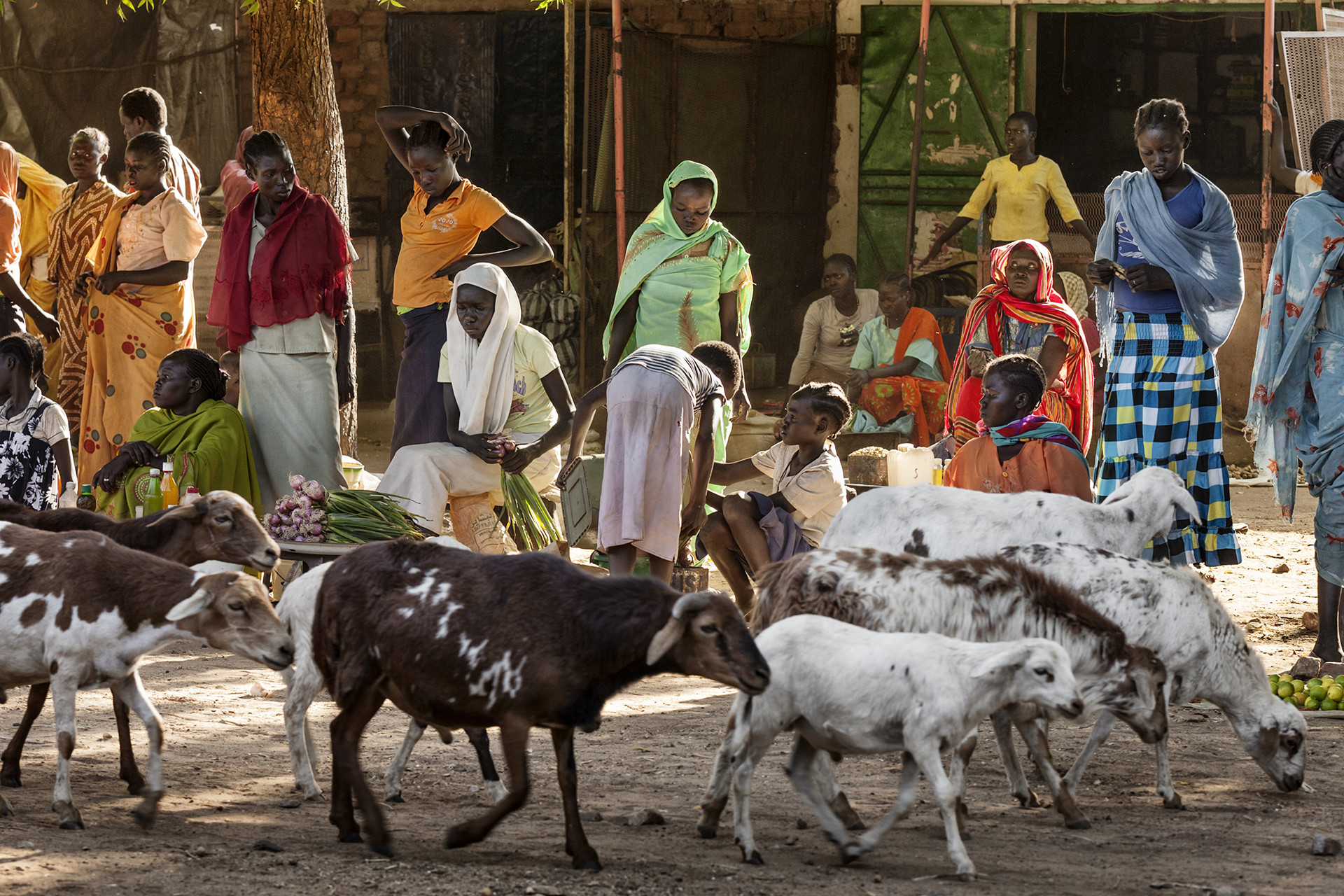
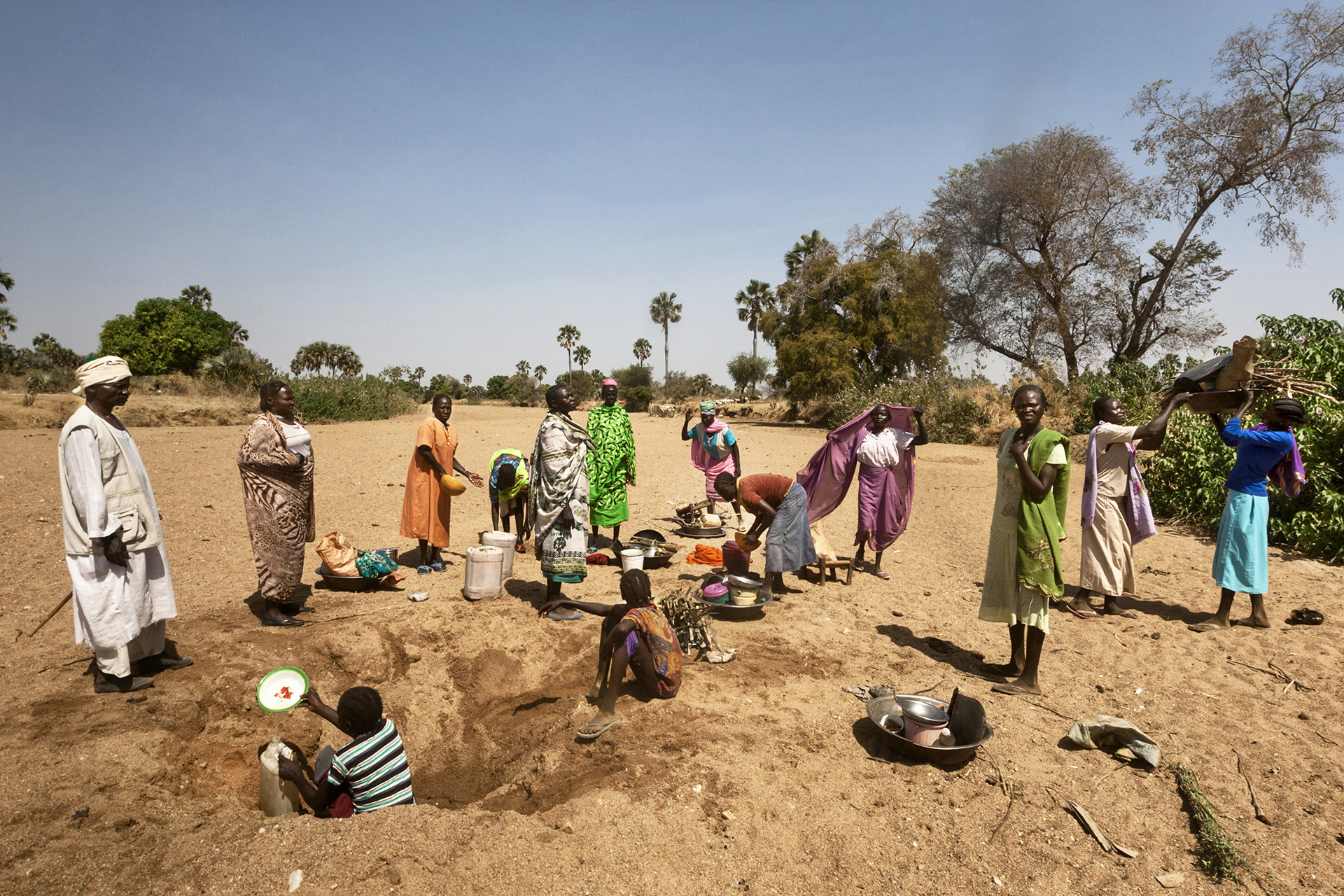
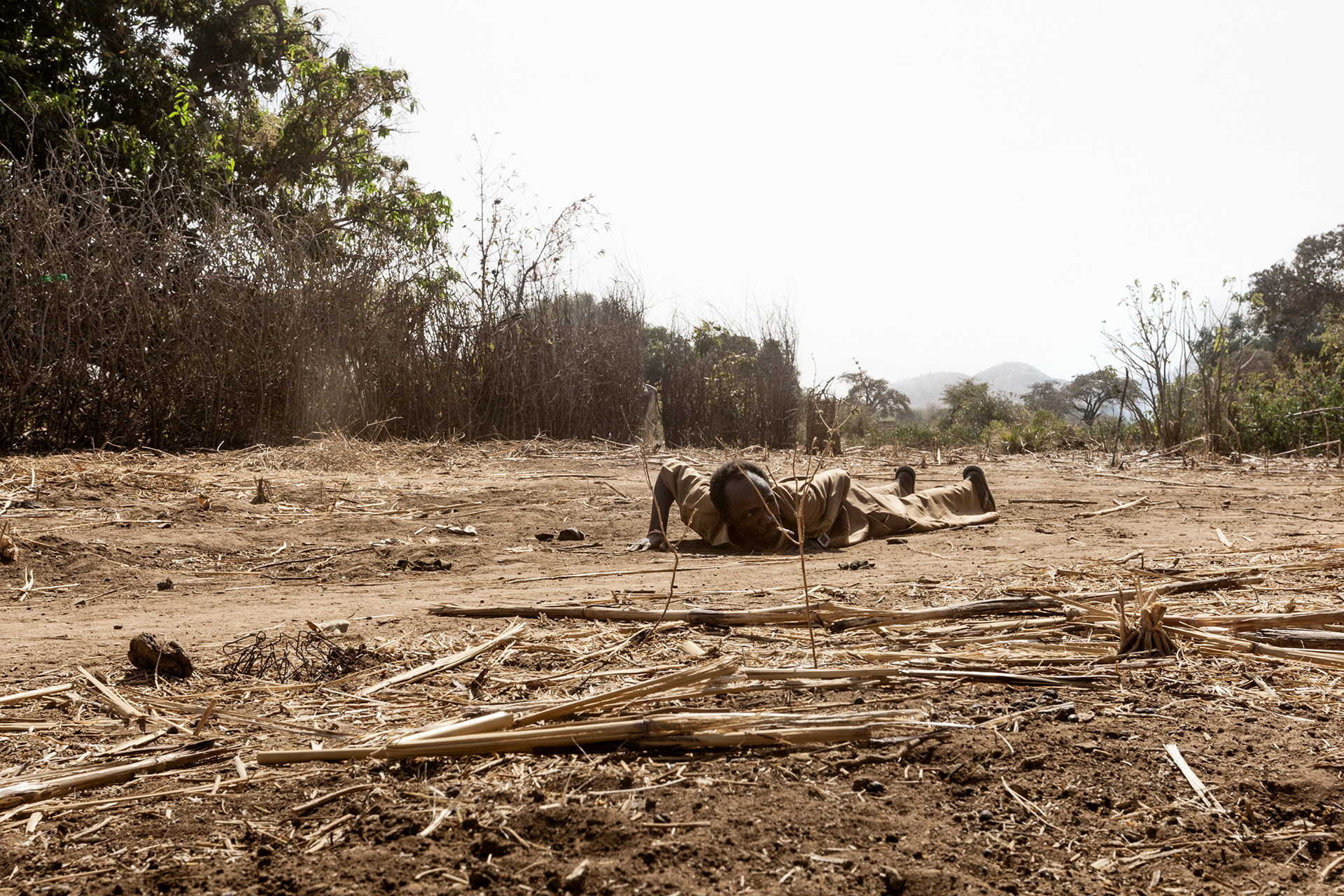
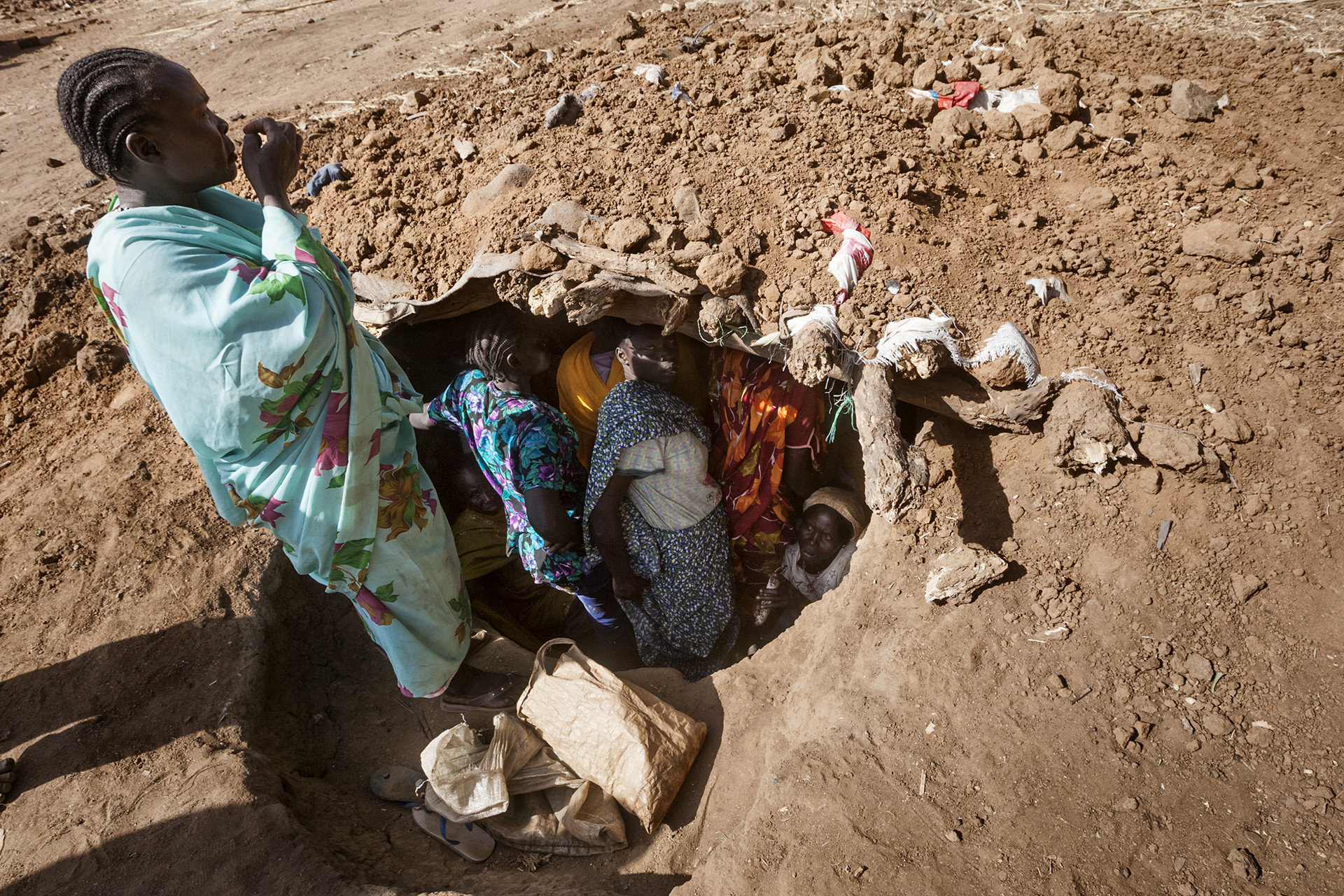
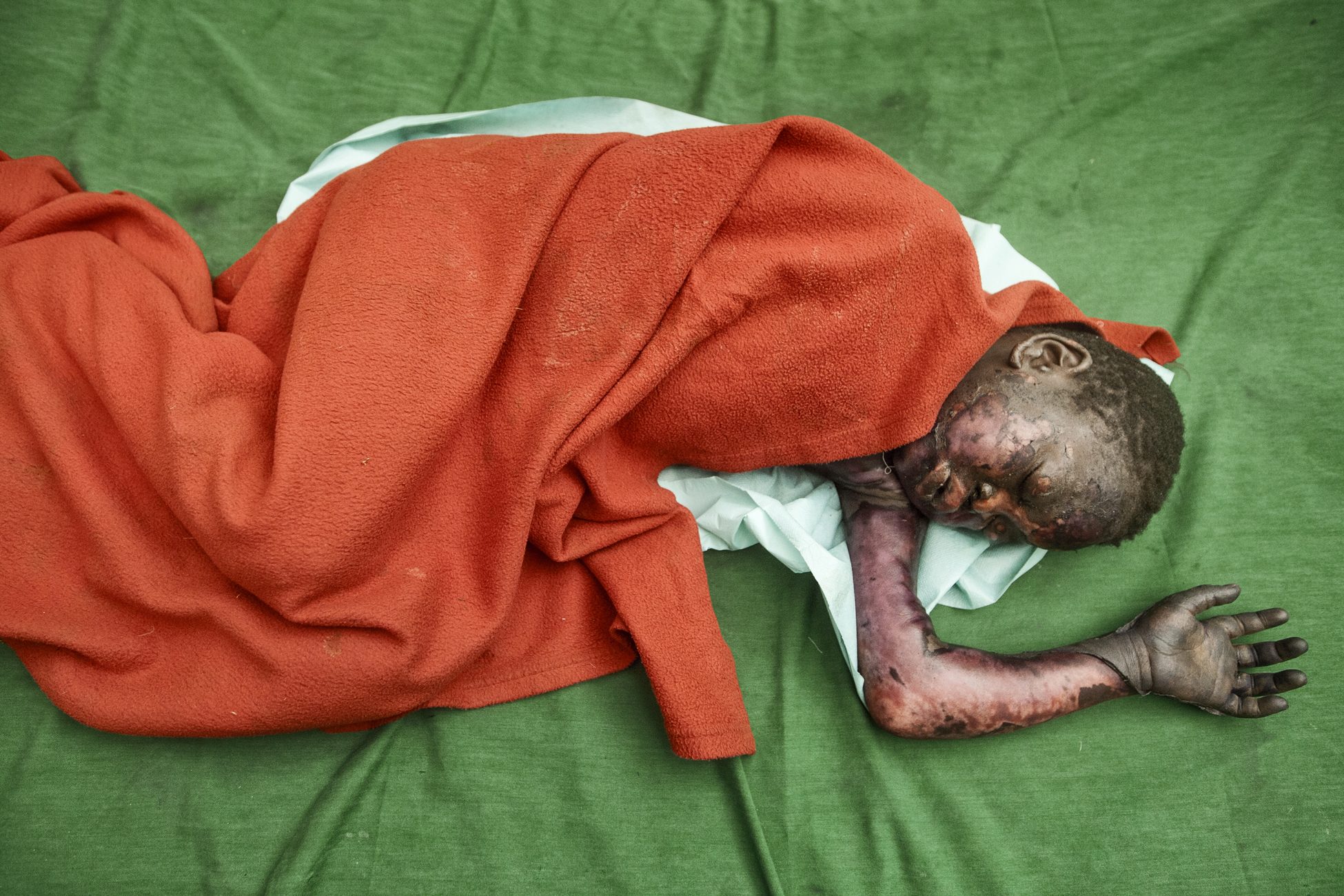
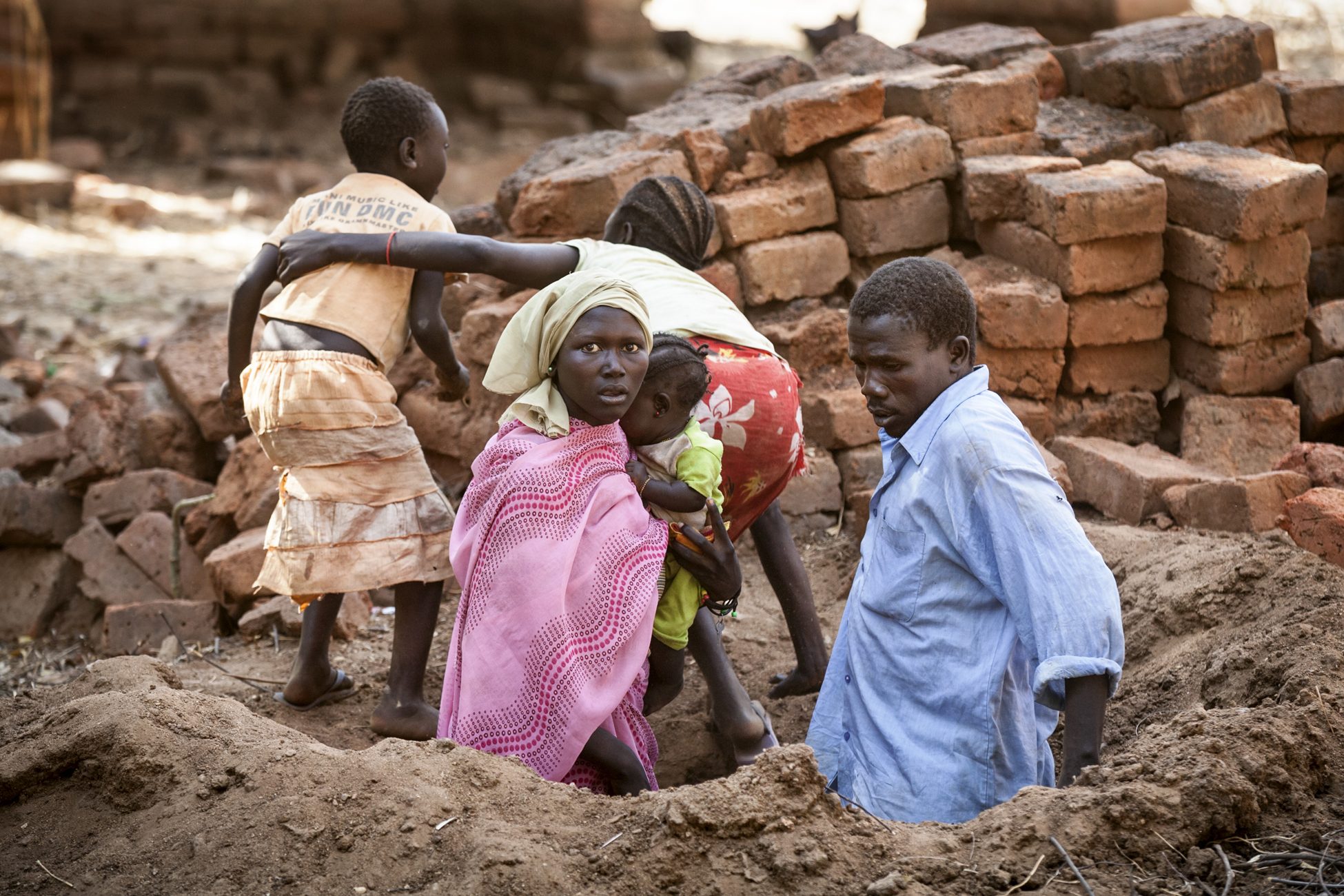
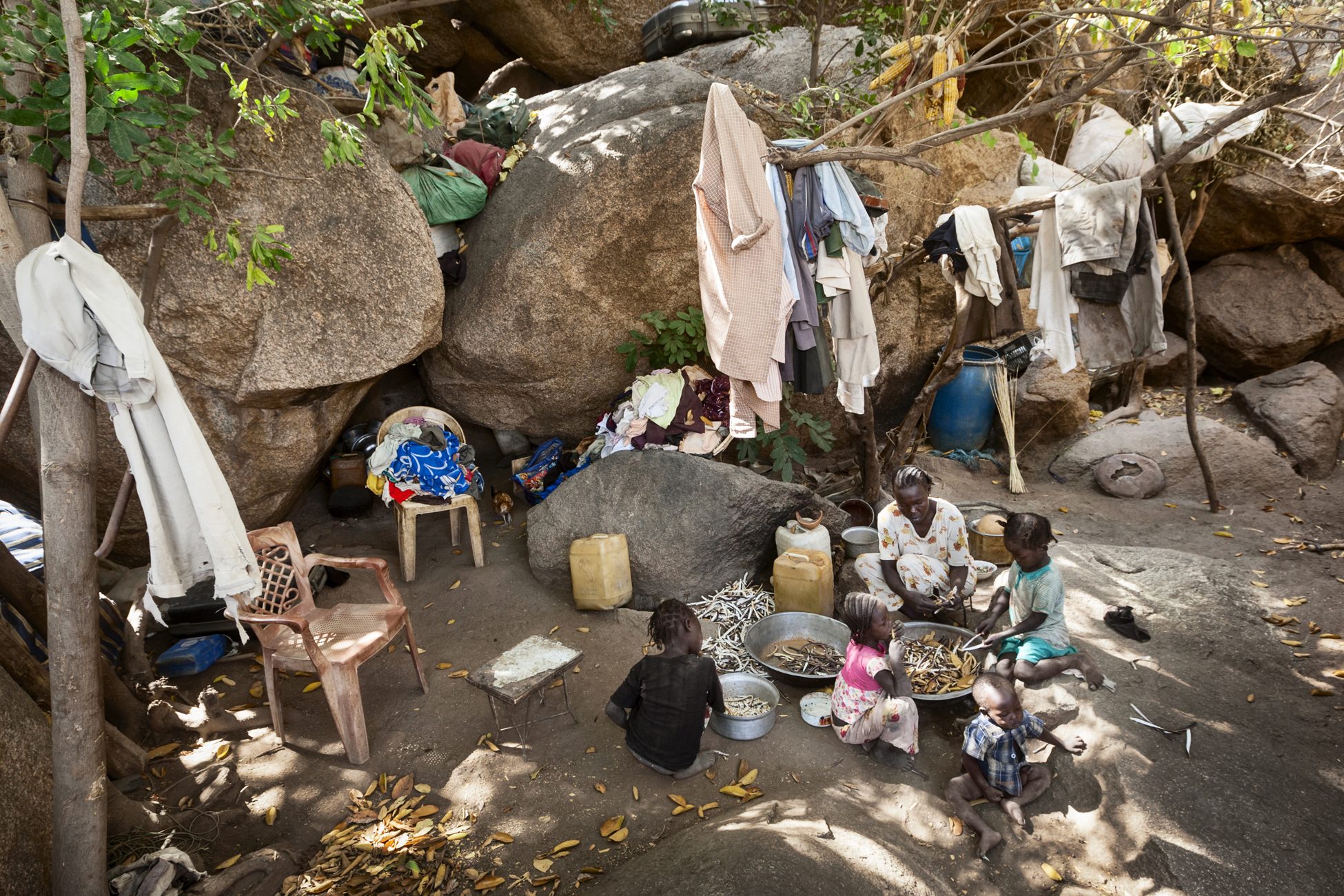

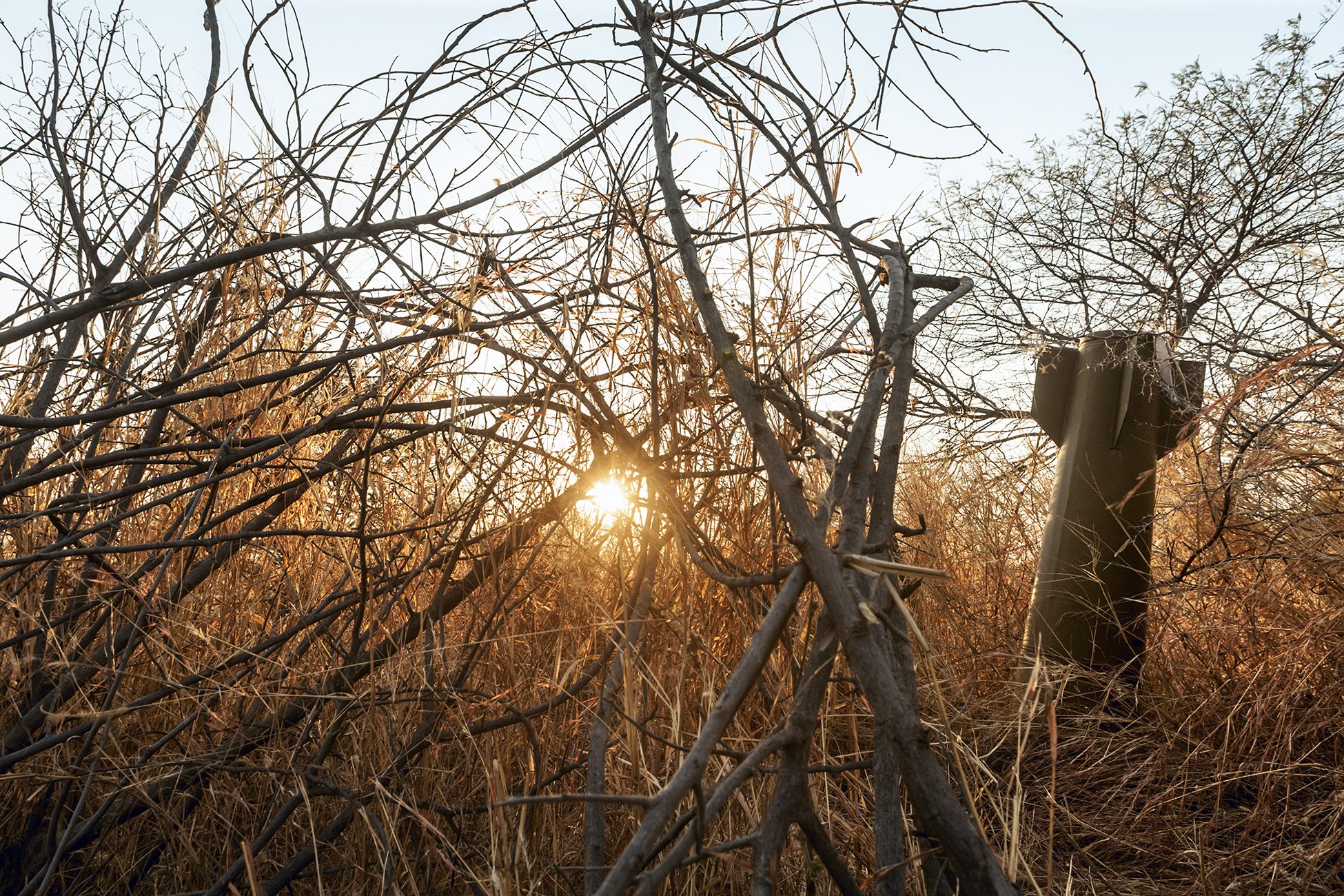
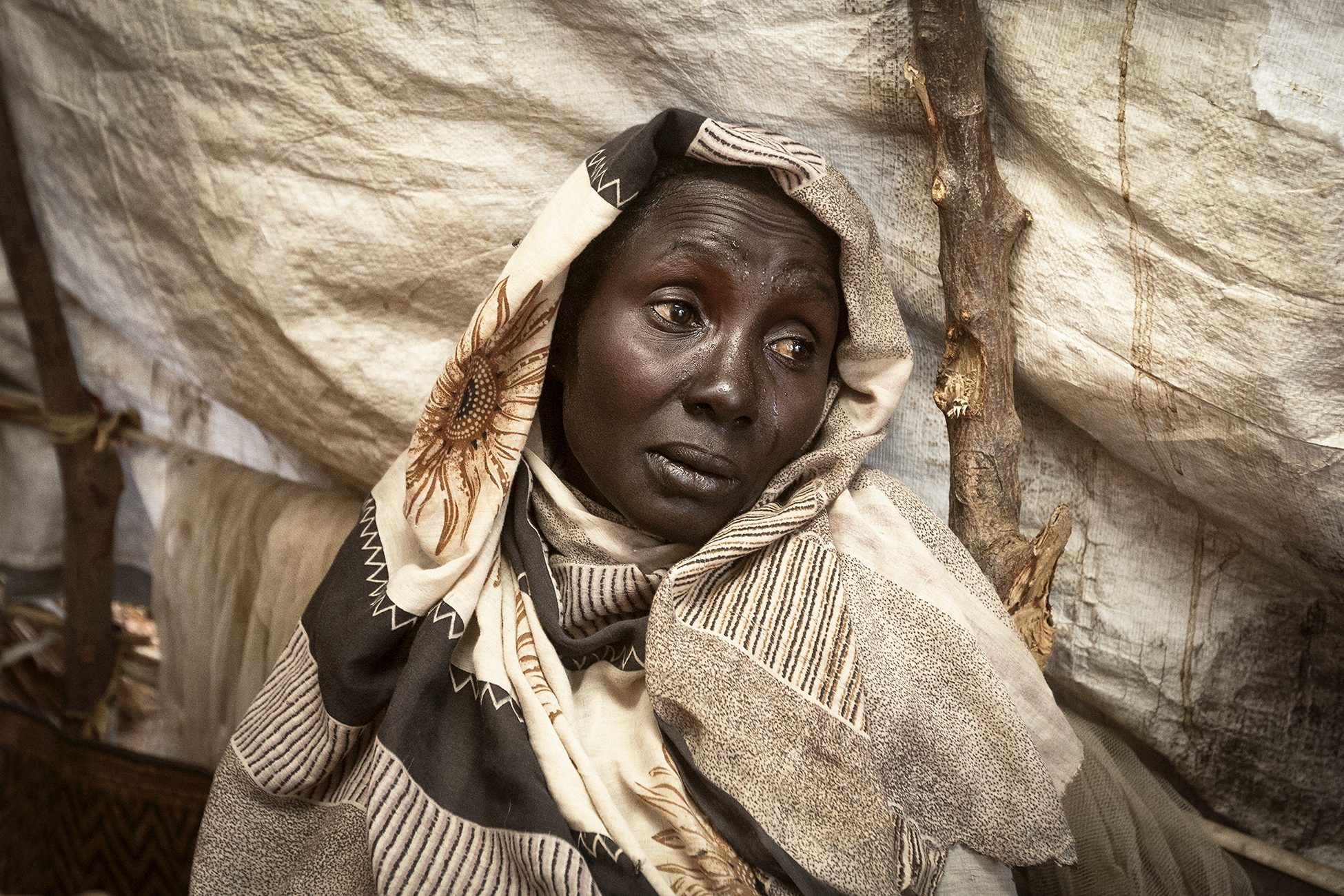
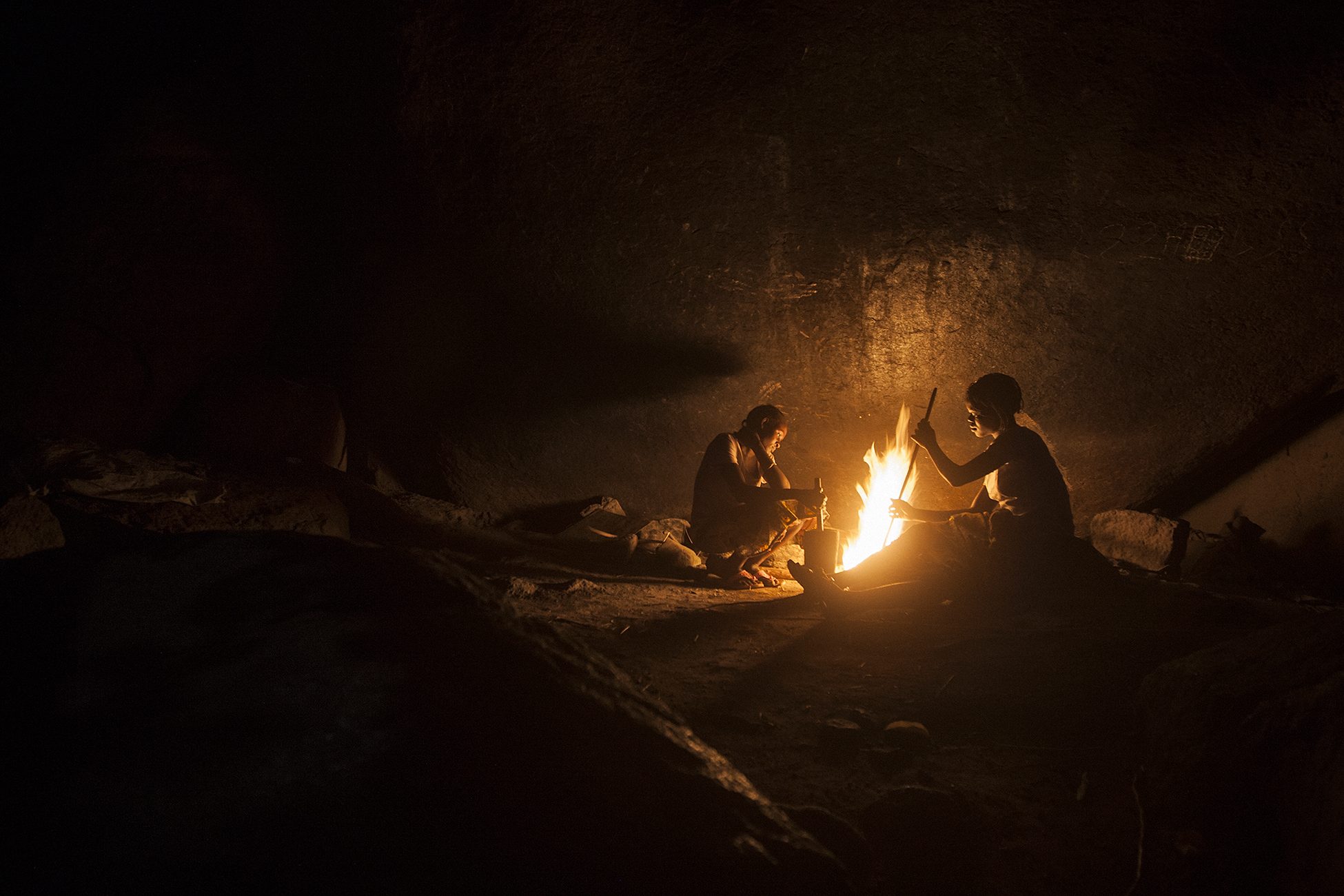

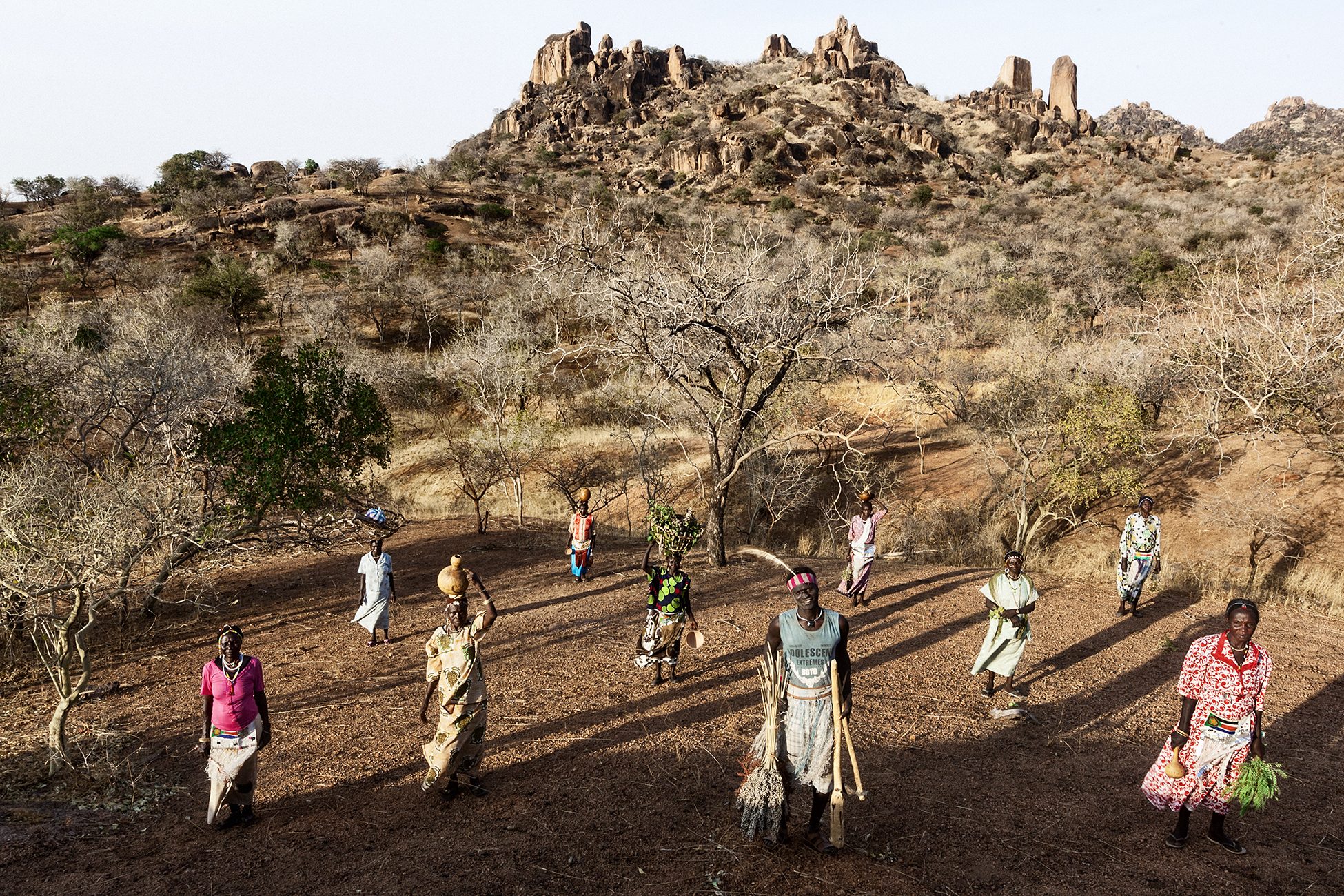
Commenti recenti